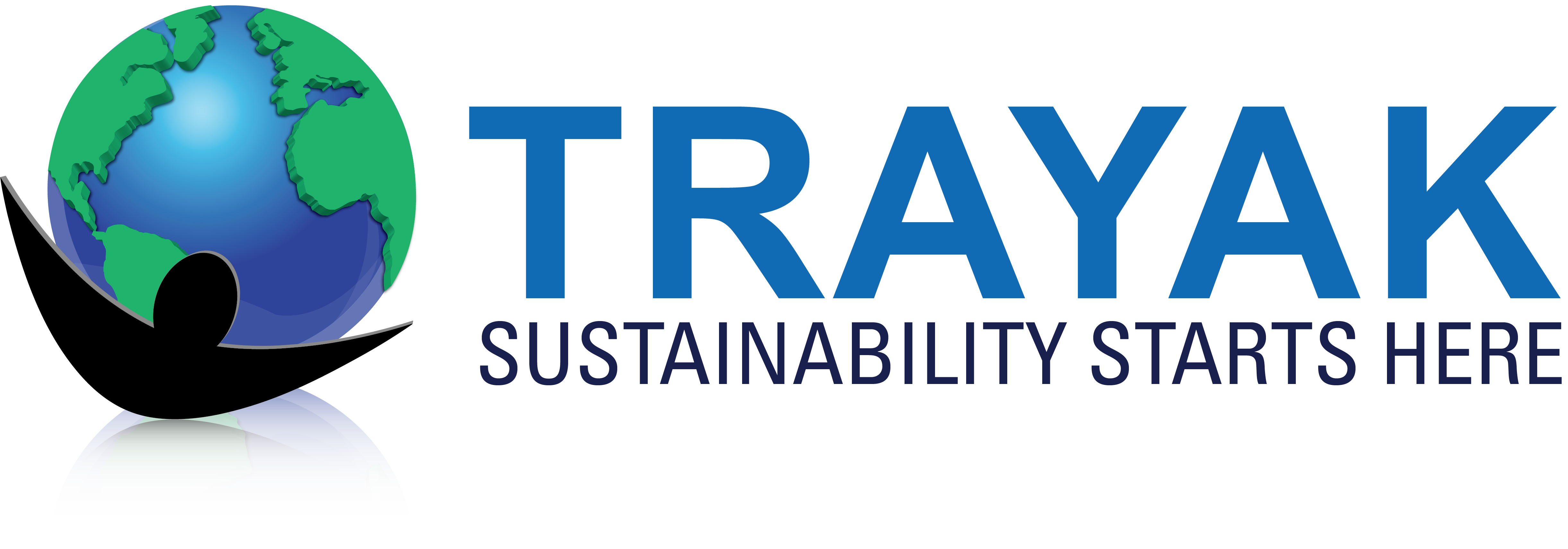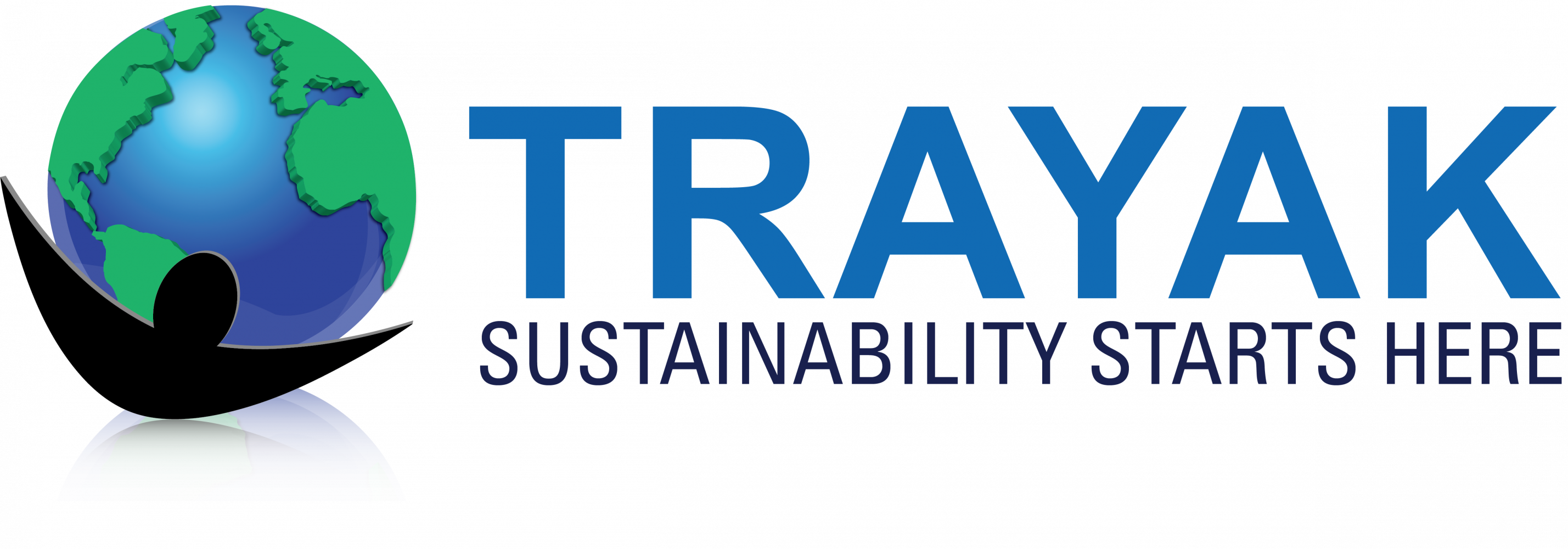If you’ve been around sustainable packaging circles for the last 10 years, you’ve probably heard of the LCA tool COMPASS. The COMPASS project was launched by the Sustainable Packaging Coalition in 2006 after a review of existing tools applicable to the packaging supply chain. A survey of publicly available life cycle industry assets was launched, new industry databases were created with the help of Walmart and the EPA, and metrics were developed by a group of 12 key stakeholders from across the packaging supply chain.
The result: An industry leading COMPASS tool that aligned with the SPC’s definition of sustainable packaging by incorporating environmental performance criteria into the concept development and material selection steps of packaging design.
It has been more than a decade since the COMPASS project got off the ground, and by any means its success can’t be overstated. COMPASS is currently used by leading companies and educational institutions throughout the world.
Testimonials
“We have integrated COMPASS into our portfolio of sustainable packaging design tools. COMPASS is the latest way to empower our engineers to create more sustainable designs. With its low-cost, user friendly interface, and immediate, LCA-like feedback, this tool provides a perspective that was inaccessible before. We see COMPASS as a key, first step to integrating life cycle thinking into our packaging early in the design process.”
– Joe Keller – Section Head, Procter & Gamble
– Omonigho Idris – Product Safety and Regulatory Affairs, Procter & Gamble
“COMPASS is utilized in graduate and undergraduate courses at the Packaging Science Program at RIT. One of the goals of the program is to enhance the educational aspects of sustainable packaging innovation through the use of applied tools. The SPC’s COMPASS is a key tool that is used to facilitate this goal.”
– Professor Karen Proctor, Rochester Institute of Technology, Packaging Science Program
Since the launch of the tool in 2011, additional functionalities and UI improvements have been added to the solution based on feedback from users and SPC members.
Next Generation of COMPASS
Fast forward to 2017 and the landscape of sustainable packaging is quite different. Sustainability is more important than ever but the needs of package designers and engineers continue to evolve. Many brands that were early to embrace sustainability have mature initiatives and are developing best practices and sharing their learnings with the rest of their industry. Sustainability is increasingly being seen as an opportunity to increase focus on efficiency and optimization.
Important sustainability metrics are being developed by stakeholders and pressure has been put on packaging designers and engineers to align their designs with corporate sustainability initiatives. Implementation of these initiatives and tracking of progress through various teams and product lines is often a complicated process
EcoImpact
The leading COMPASS tool is now part of a powerful platform that was designed with these considerations in mind. EcoImpact is a robust sustainability platform that provides the flexibility and integration to meet your ever changing sustainability needs. EcoImpact addresses many of the challenges faced in the earlier version of the tool such as incorporation of proprietary materials, tracking of custom metrics, and the ability to fully embed automated environmental assessment within your design process.
The platform offers a suite of standalone or embedded solutions that allows you to drive your sustainability initiatives and operationalize your company’s sustainability goals. COMPASS is a vital part of this platform and is now available for products as well.
With SCORE, you have the ability to create custom sustainability metrics and pair them with traditional lifecycle indicators to create unique sustainability scores for your products and packages. This Ecoscoring functionality allows you to determine which products or packages contribute or detract from your company’s sustainability goals.
As we continue to innovate and improve on the COMPASS tool, we hope you will find value in a platform that is designed to grow with you and your sustainability initiatives.
To try the next generation of COMPASS on the EcoImpact platform, please visit:

